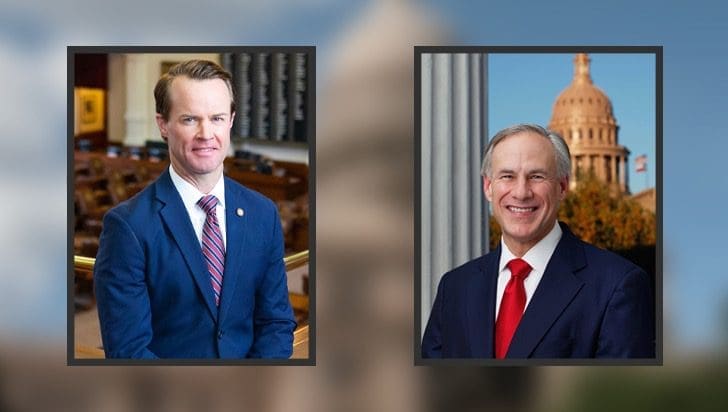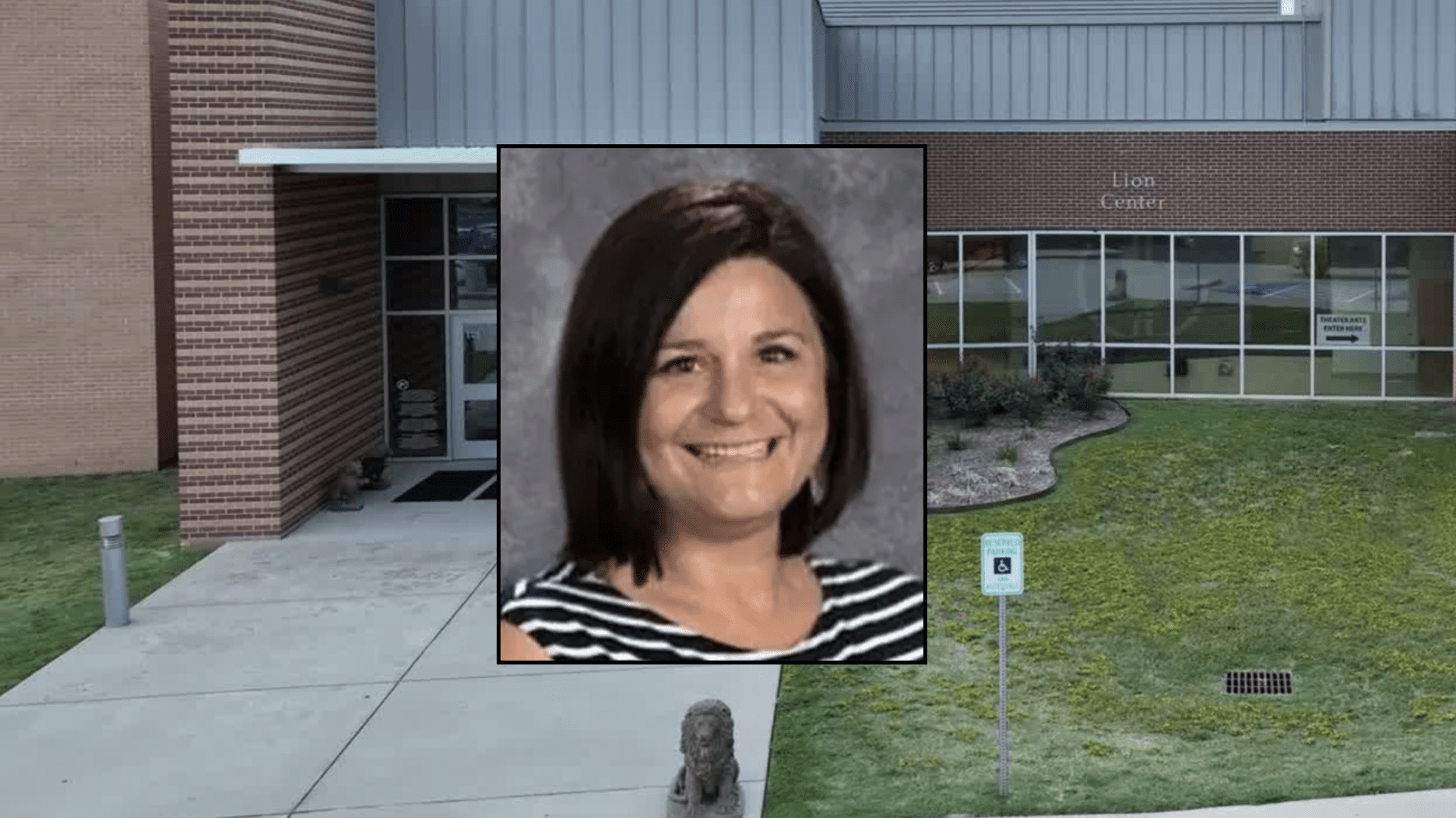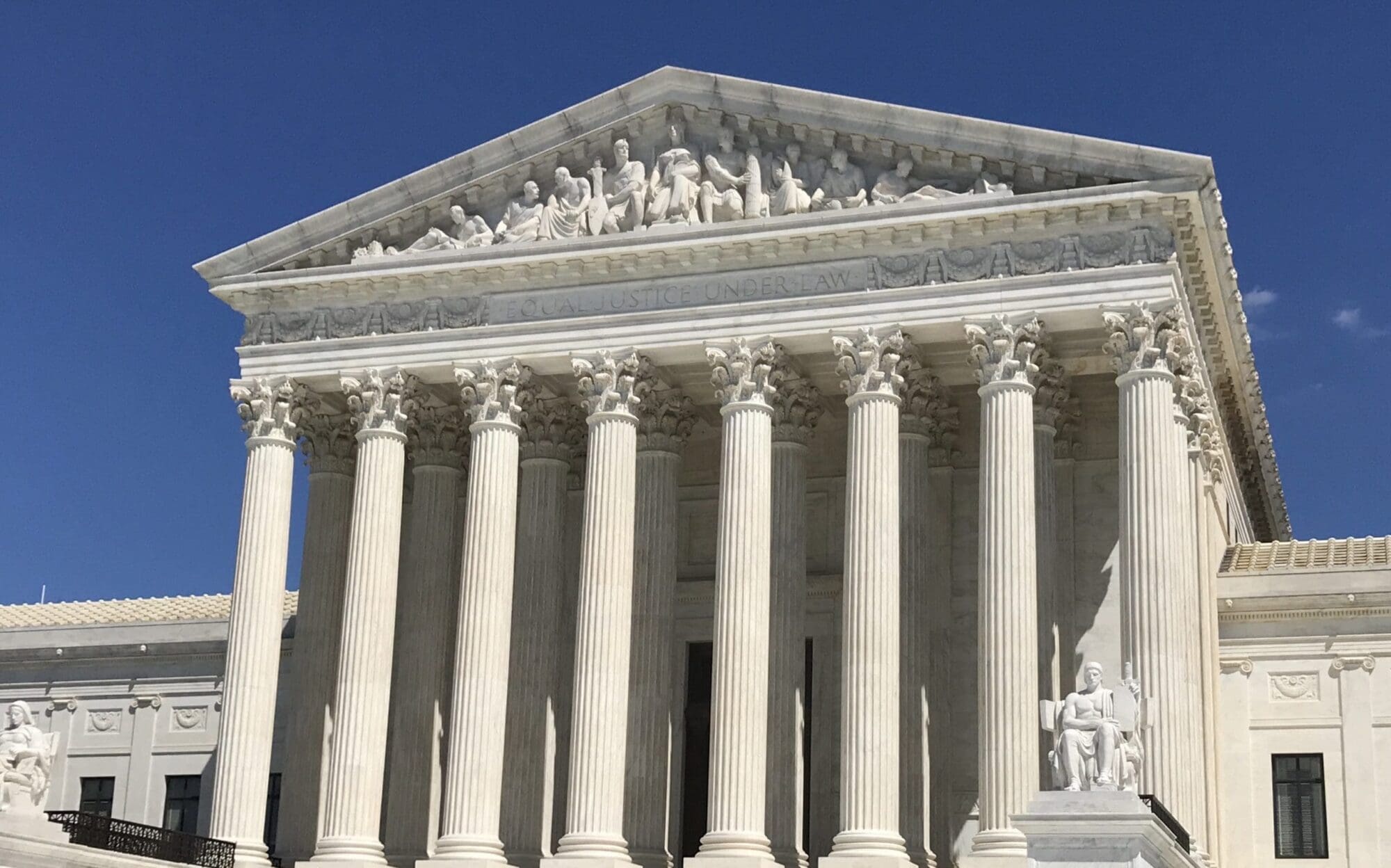For months, Texas Gov. Greg Abbott has been warning lawmakers that education freedom is the policy hill on which he is staking the political fights of 2024. Despite a majority of states providing parents with the flexibility to choose the best educational settings for their children, Texas still locks families into a century-old funding scheme that ties academics to residential locations.
In announcing the agenda for the special legislative session last month, Gov. Abbott was unambiguous in the outcome he expected: “Legislation providing education savings accounts for all Texas schoolchildren.”
“There’s an easy way to get it done and a hard way to get it done,” said Gov. Abbott at an event in September. The “easy way” is legislatively this fall. The “hard way,” according to Abbott, would be for recalcitrant lawmakers to pay the price with tough re-election bids.
COVID lockdowns revealed to parents how poorly their children were educated, and revelations that LGBT activists have been stocking school libraries with pornography and classroom programs with indoctrination materials have only increased the public’s frustrations.
Polling among Republican primary voters finds the governor’s position to be the winning one. In the 2022 GOP primary, more than 87 percent of voters supported a non-binding proposition that stated “funding should follow the student.” It carried even larger majorities in rural parts of the state than in the urban cores.
“Of the 67 most supportive counties, 58 have populations under 100,000,” noted the state’s Ag Commissioner, Sid Miller, in a commentary published in late 2022. The issue was one of eight legislative priorities set by the Republican Party of Texas for the 2023 legislative session.
And it is not just Republicans. Recent polling finds a majority of all Texas voters support school choice.
By and large, the Texas Senate delivered on the “easy way.” In fact, the Texas Senate has repeatedly passed various forms of “school choice” over the last several years.
In the other chamber, the House leadership seems intent on the “hard way.” That changes if the governor is able to convince the rank-and-file of the Republican caucus that the “easy way” would be to their political benefit.
The obstacle for school choice policies has been the Texas House, where left-wing Democrats—beholden to labor unions—have joined with establishment Republicans to block education freedom for Texas families.
School choice advocate and Texas native Corey DeAngelis has popularized the phrase “fund students, not systems.” Gov. Abbott has echoed that sentiment. In response, the Texas House leadership introduced legislation that does precisely the opposite.
While the Senate plan set aside $500 million for a school choice plan, the House wants to add $5 billion in new spending for the state’s school districts. In other words, the House proposes ten new tax dollars of bureaucratic bloat for every dollar allotted for a school choice program.
Establishment Republican Brad Buckley of Saledo, a close ally of Speaker Dade Phelan, authored the House proposal.
Even though Abbott’s call was for “all Texas schoolchildren” to have access to a program, the House proposal strictly limits it to less than 1 percent. There is a vast difference between Abbott’s “all” and the House’s 0.5 percent.
It appears Buckley and Phelan, speaking for the Democrats and labor unions, are saying that they will not pass even the smallest of “choice” programs without a massive payoff for the public education system.
Texas taxpayers already pay nearly $16,000 per student in the state’s government schools.
As policy analyst Jeramy Kitchen recently noted on X, “Texas spent $84.8B on pub ed in the 2021-22 school year ($15,708/student). The most recent #txlege session increased funding by another $10.8B. Those same people decrying the ‘lack of funding’ for gov schools never seem to ask where that funding is going in the first place.”
Meanwhile, Speaker Phelan and Rep. Buckley want to eliminate the accountability and rating system for the state’s system of government-run schools.
The “A-F” system gave parents some information about the overall quality of the academic programs. Since being implemented in 2015, it was in effect for only a year before being shuttered by COVID and then watered down by lawmakers eager to appease local officials by making underperforming schools look better than they are.
But even a weak rating system would seem preferable to no system, especially for families unqualified for, or unable to access, the “choice” provisions.
Similarly, education advocates of all stripes, including those opposed to school choice, have been demanding an end to the state’s high-stakes testing regimen known as the “State of Texas Assessments of Academic Readiness,” or STARR test. Yet, in the House proposal, STARR would be expanded for use in private schools.
The Phelan House has taken the governor’s signature legislative priority hostage for political payoffs to teacher unions and school administrators. In response to the legislation, Gov. Abbott’s staff told the media that the House proposal “differs from what the Governor’s office had negotiated with the House’s leadership team.”
There was no indication of what particulars were—and were not—in line with those negotiations.
There is a subtle danger in the issue’s popularity. With the millions spent on policy research and political campaigns advancing school choice, there are perverse incentives for politicians and advocates alike to accept as a “victory” even paltry legislative results. The governor, particularly, will no doubt be encouraged by some advisors to “take any win,” including even weak legislation falling well short of the mark he set and voters expect.
In the coming days, Gov. Abbott must decide if he will negotiate away his marquee policy goal for a hollow “win” or commit House Republicans to expensive—and losing—fights in their 2024 elections. Alternatively, House members could deliver on real education freedom. It is up to the governor to make those lawmakers see his resolve.
Voters and taxpayers want Greg Abbott to fight for this moral and political high ground. The gubernatorial call for “all Texas schoolchildren” to have access to education savings accounts will be the measure by which voters judge Greg Abbott and their legislators.





